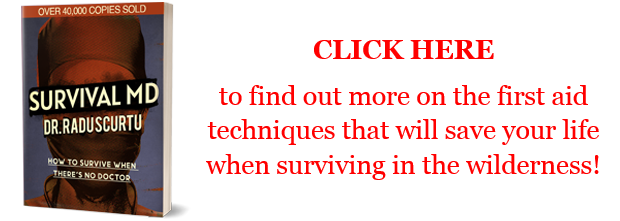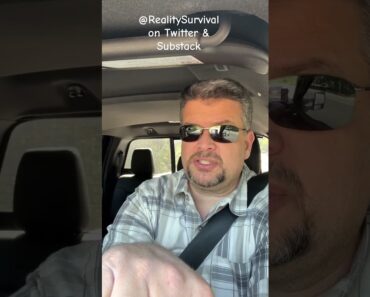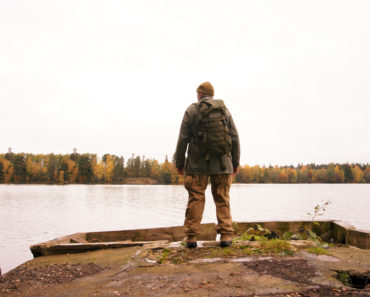Punctures, abrasions, and other injuries happen easily enough when in the wilderness. However, these common injuries can quickly become major issues and possibly even life-threatening during a survival situation.
In this video, Tyler covers in-depth information and treatment tips for the types of injuries that are most common in a disaster or crisis environment, according to Survival MD: What to Do When There’s No Doctor. These include lacerations, abrasions, puncture wounds, fractures, and burns.
Sometimes injuries can be avoided with proper protective equipment, but accidents happen. When they do, it’s best to have the right equipment and, better yet, the proper knowledge to keep the situation from getting worse.
Tyler discusses the importance of understanding the “mechanism of injury” and how that information can help you diagnose the injury quickly. He then offers suggestions for first aid and medical equipment that can help you properly address the type of injuries you’re most likely to encounter in a crisis environment.
With proper training and some simple equipment, you can be ready to address these five common crisis-related injuries. However, it’s important to remember that regardless of how much supplies you have or how good your bug-out plan might be, it’s all too easy to be taken out by an infection from an improperly treated wound or injury.
Some of Tyler’s diagnoses and treatment suggestions are quite unique. This information could literally be life-saving, from burn treatment products to a way to check for fractured bones without an x-ray. Whatever you do, don’t miss this video.
This video gives you just a small sample of the unique knowledge included in Survival MD: What to Do When There’s No Doctor. This book goes to a much deeper level than basic first aid manuals, with a specific focus on survival situations.
Check out our other videos from this series on our YouTube Channel.



























